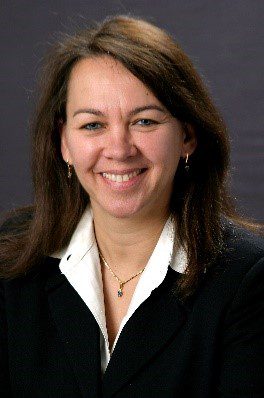
Beatriz Bonnet
(she, her, ella)
Chair
Highlands Ranch
Beatriz Bonnet has served on the board of CCLP since January 2021. She recently retired as owner, President and CEO of Syntes Language Group, Inc., an award-winning international communications firm. A sought-after speaker, diplomatic translator, and marketing consultant, Ms. Bonnet has addressed audiences in Argentina, Canada, Austria, Germany, Finland, the Czech Republic, China, and throughout the United States.
Ms. Bonnet previously served as President of the National Association of Women Business Owners-Denver. She has served as board member for the American Translators Association (ATA), the American Red Cross Mile High Chapter, Colorado Coalition for the Homeless, Metro State College’s Center for Innovation, and the Founders’ Committee at the Center for the Advancement of Business Leadership and Entrepreneurship at The Women’s College, University of Denver. She was a judge for the Denver Business Journal Outstanding Women in Business from 2006 through 2017 and was member and Secretary of the Water for People Board of Directors (2018-2023).
Ms. Bonnet holds Bachelor of Music (magna cum laude) and Master of Music degrees in Flute Performance and Music Theory from the Shepherd School of Music, Rice University.

D. Dontae Latson, MSSA, LCSW
(he, him)
Vice Chair
CEO, Family Tree
Denver
Dontae Latson is a servant executive leader with over 25 years of experience and nearly 20 years as an executive leader in the human services arena. Dontae believes in serving all people, but his true passion is working in and working for underserved people and communities, particularly people of color and other marginalized groups. Dontae is a community connector, convener, executor, and collaborator. Dontae currently serves as the CEO of Wheat Ridge based non-profit, Family Tree. Family Tree is committed to addressing the interconnected issues of child abuse, domestic violence and homelessness.
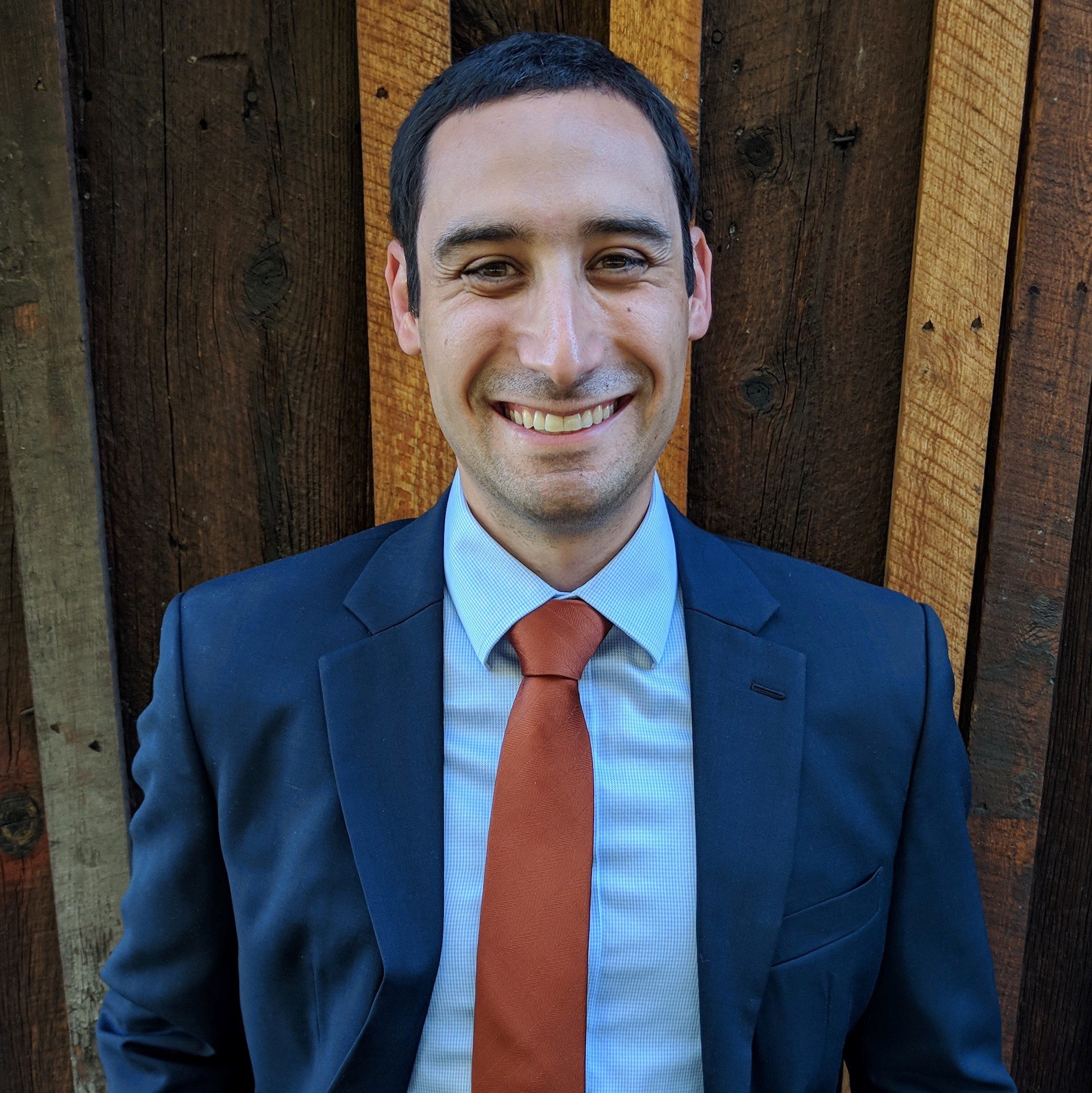
Matthew Baca
(he, him, él)
Member
Colorado Legal Services
Denver
Matt Baca became the Executive Director of Colorado Legal Services, Colorado’s statewide legal aid provider, in March 2023. Before that, Matt served by appointment of Colorado Attorney General Phil Weiser as the Director of the Community Engagement Division in the office of the Colorado Attorney General. Prior to joining the AG’s office, he was an attorney in the Migrant Farm Worker Division of Colorado Legal Services, where he litigated a full docket of employment, civil rights, and human trafficking cases. Before that, he was an associate attorney with the Seattle office of Earthjustice and a judicial law clerk in the United States District Court for the Eastern District of Virginia. He graduated in 2011 with a joint M.P.A./J.D. from the Harvard Kennedy School and New York University School of Law, where he was a Root-Tilden-Kern Scholar.
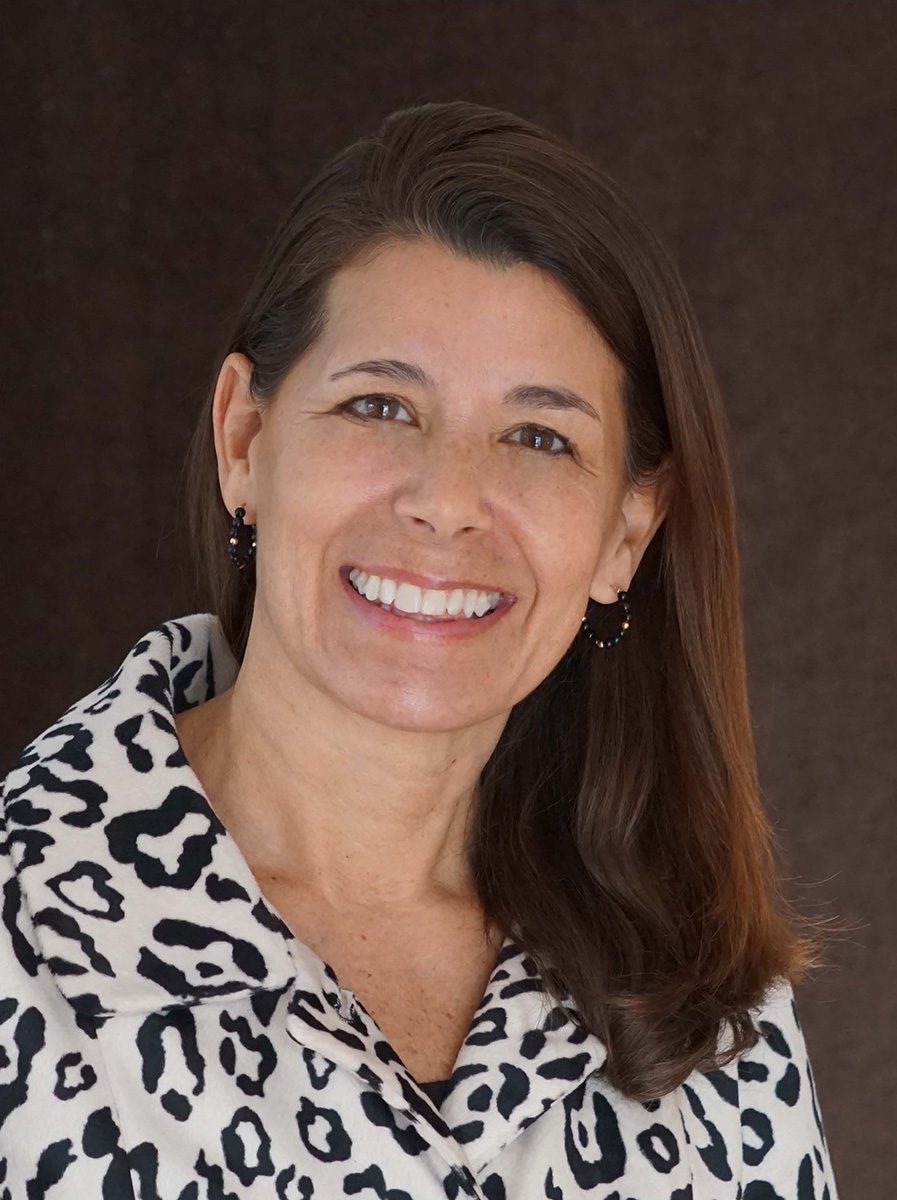
Lynn Borup
(she, her)
Member
Mtn2Lk Health Brokers
Telluride
Lynn joined the CCLP Board in June 2022. She brings 30+ years of extensive healthcare experience in executive leadership roles in both the nonprofit and for-profit arenas. Working across multiple states and in diverse communities, she has focused on serving vulnerable populations. As the first executive director of Tri-County Health Network, Lynn dedicated 12 years developing programs and initiatives to advance health equity and promote racial justice, inclusivity, and cultural understanding throughout rural southwest Colorado. She has spearheaded expansion strategies and successfully led development teams for a number of health plans including Anthem, Colorado Choice Health Plans, and Inland Empire Health Plan. She holds a Bachelor of Science in mathematics from Colorado State University. Lynn enjoys skiing, playing hockey, and experiencing Colorado’s beautiful outdoors with her husband and their three sons.

Carole Brite, CPA
(she, her)
Budget Committee Chair
Chief Financial Officer, LENA Foundation
Denver
Carole joined the Board of CCLP in June 2022. She is currently the CFO of LENA Foundation whose mission is to transform children’s futures through early talk technology and data driven programs. Carole has over 25 years of leadership experience first as an audit partner for RSM and then with several mission driven nonprofit organizations, including as the CEO of Planned Parenthood of Illinois and the COO of Financial Health Network and the CAO of the YMCA of Metropolitan Denver. Carole earned a BS in Accounting from Indiana University and is a Certified Public Accountant.
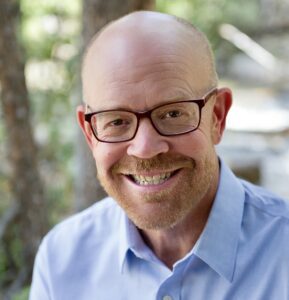
Thomas Davidson
(he, him)
Member
Counties & Commissioners Acting Together
Summit County
Thomas serves as the Executive Manager for Counties & Commissioners Acting Together. For fourteen years he was a county commissioner for Summit County. He has served on the Board for One Colorado and Early Milestones Colorado, as well as the State Board of Human Services and the Early Childhood Leadership Commission, Colorado’s federally-authorized state advisory council for early childhood.

Ariana Flores
(she, her)
Member
The Equity Project, LLC
Denver
Originally from South Texas and a proud Chicana feminist, Ariana has dedicated her career to furthering racial equity. Ariana has worked as an attorney, advocate, consultant, facilitator, and community organizer on such varied issues as: race & systemic racism; wage theft; immigrants’ rights; homophobia, transphobia, & LGBTQIA+ rights; sexual harassment; employment discrimination; health care access; and intimate partner violence.
Ariana previously served as the National Network Director for the Government Alliance on Race & Equity, a project of Race Forward. At the San Francisco Human Rights Commission, Ariana served as a discrimination complaint investigator, mediator, and Racial Equity Lead, working to improve delivery of services for low-income people and residents of color. At the Oakland Unified School District, Ariana helped secure over $2 million in aid for Oakland’s unaccompanied minors.
Ariana earned her BA in Political Science from Tufts University, and her J.D. from the University of Washington School of Law, where she was a William H. Gates Public Service Law Scholar.
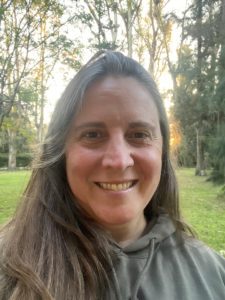
Ana Fernandez Frank
(she, her, ella)
Member
Emergency Family Assistance Association (EFAA)
Boulder
Ana joined the Board of CCLP in June 2023. She is the Public Policy and Community Outreach Coordinator at EFAA-Emergency Family Assistance Association- in Boulder, CO working to raise awareness on the broader, systemic issues affecting economically challenged families and individuals in our community, elevating their voices so we may work collaboratively to create local solutions. In this role she collaborated with CCLP and quickly realized her alignment with CCLP’s mission and the impactful work they do. Ana is passionate about social and economic justice and she greatly enjoys the beautiful Colorado outdoors.
Ana earned a BS in Economics from Universidad de Buenos Aires (Argentina), a MA in Development Management and Public Policy from Georgetown University (Washington, DC) and a Certificate in Non Profit Leadership & Management from Austin Community College (Austin, TX).
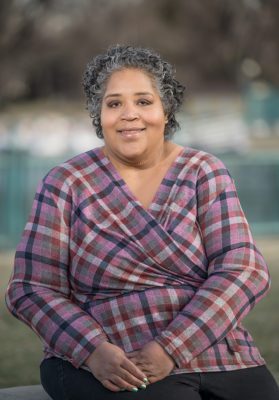
Miriam Goetzke
(she, her)
Member
CoBank
Denver
Miriam is a Colorado native. She attended Spelman College and graduated from the University of Denver. Her desire for social justice and activism started early in life. It was cultivated by listening to stories of her mother, father and brothers fighting for change, be it getting the first African American on the Colorado Symphony, protesting for better labor rights. She began participating in peaceful protest as a child marching for Martin Luther King Jr. to have a holiday. Miriam found her own voice in activism while living in Germany. While there, she volunteered with Amnesty International helping refugees seeking asylum in Germany to navigate the system. She also spent time at Inci e.V. helping Turkish women newly arrived in Germany to negotiate German society. Upon returning to Colorado, Miriam has volunteered with organizations such as CASA and the Red Cross.

Nicholas Heimann
(he, him)
Member
Fort Collins
Nicholas earned his Master of Public Health degree from the Colorado School of Public Health in 2015 and maintains interests in environmental health, health impacts of our built environments, and the sense of belonging and social capital developed through the arts and culture. Since then, he has engaged in work related to equitable community engagement and community building, mentors public health and other students and young professionals, and aims to contribute further to reducing disparities in our Colorado communities. Nicholas is passionate about the people who make up our communities and co-creating ways to support their priorities.
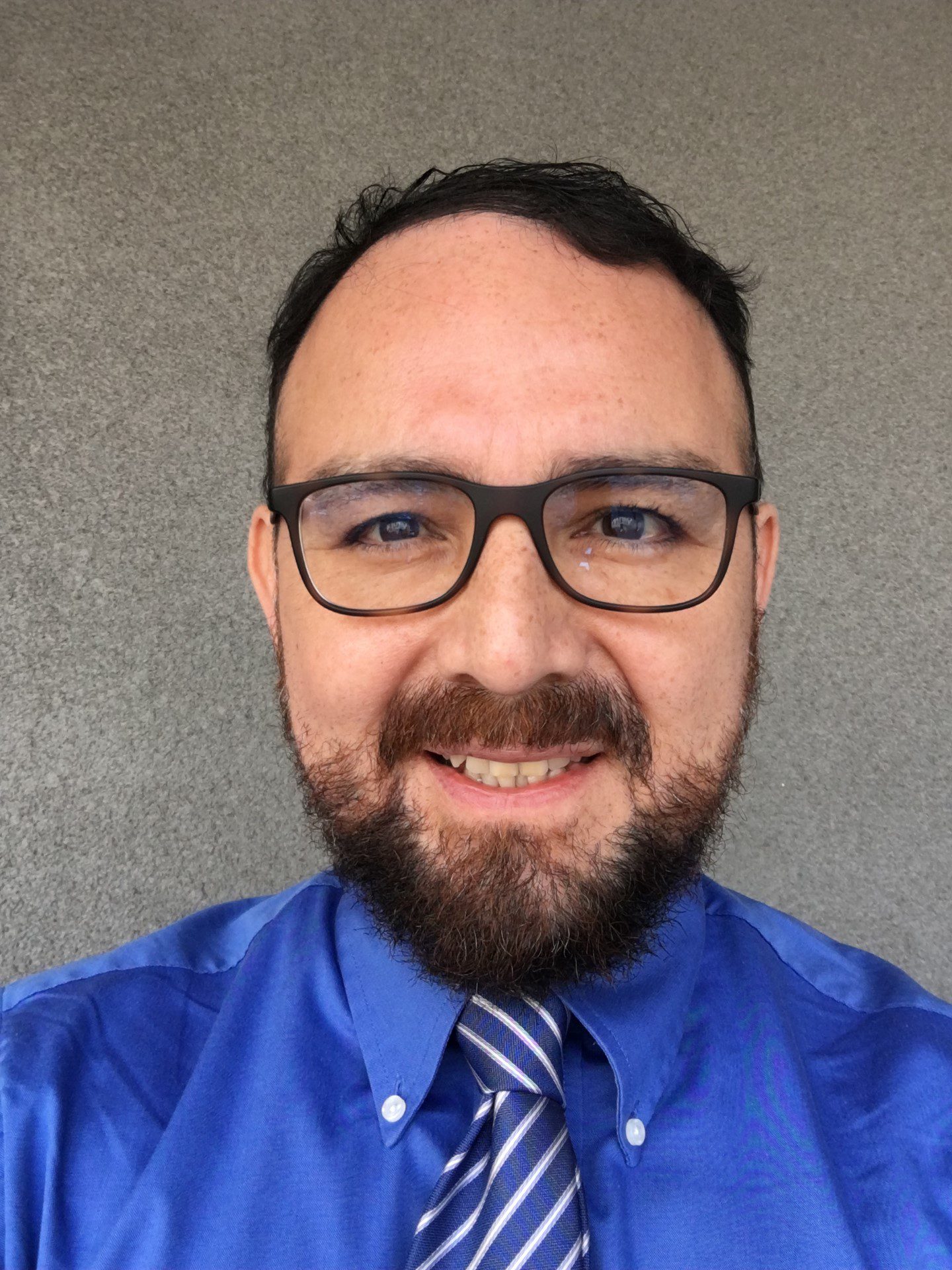
Jose L. Vasquez, Esq.
(he, him)
Member
Colorado Legal Services
Denver
Jose L. Vasquez is the Supervising Attorney of the Consumer Law Unit in the Denver office of Colorado Legal Services (CLS), where he specializes in consumer bankruptcy and foreclosure/homeownership defense. He also oversees the Foreclosure Project, funded by the payment of mortgage settlement funds, which employs attorneys within CLS to provide foreclosure assistances to clients on a statewide basis. Prior to joining Colorado Legal Services, Mr. Vasquez was in private practice where he focused on consumer bankruptcy representation as well as serving as a Staff Attorney to a Chapter 13 bankruptcy trustee. Mr. Vasquez has been a speaker on various housing and consumer rights topics at numerous conferences, seminars and events. He received his B.A. from Miami University in 1988 and his J.D. from Case Western Reserve University in 1991. Mr. Vasquez is a member of the Colorado Supreme Court Civil Rules Committee, and previously Chair of the Council of Advisors on Consumer Credit with the State of Colorado.
